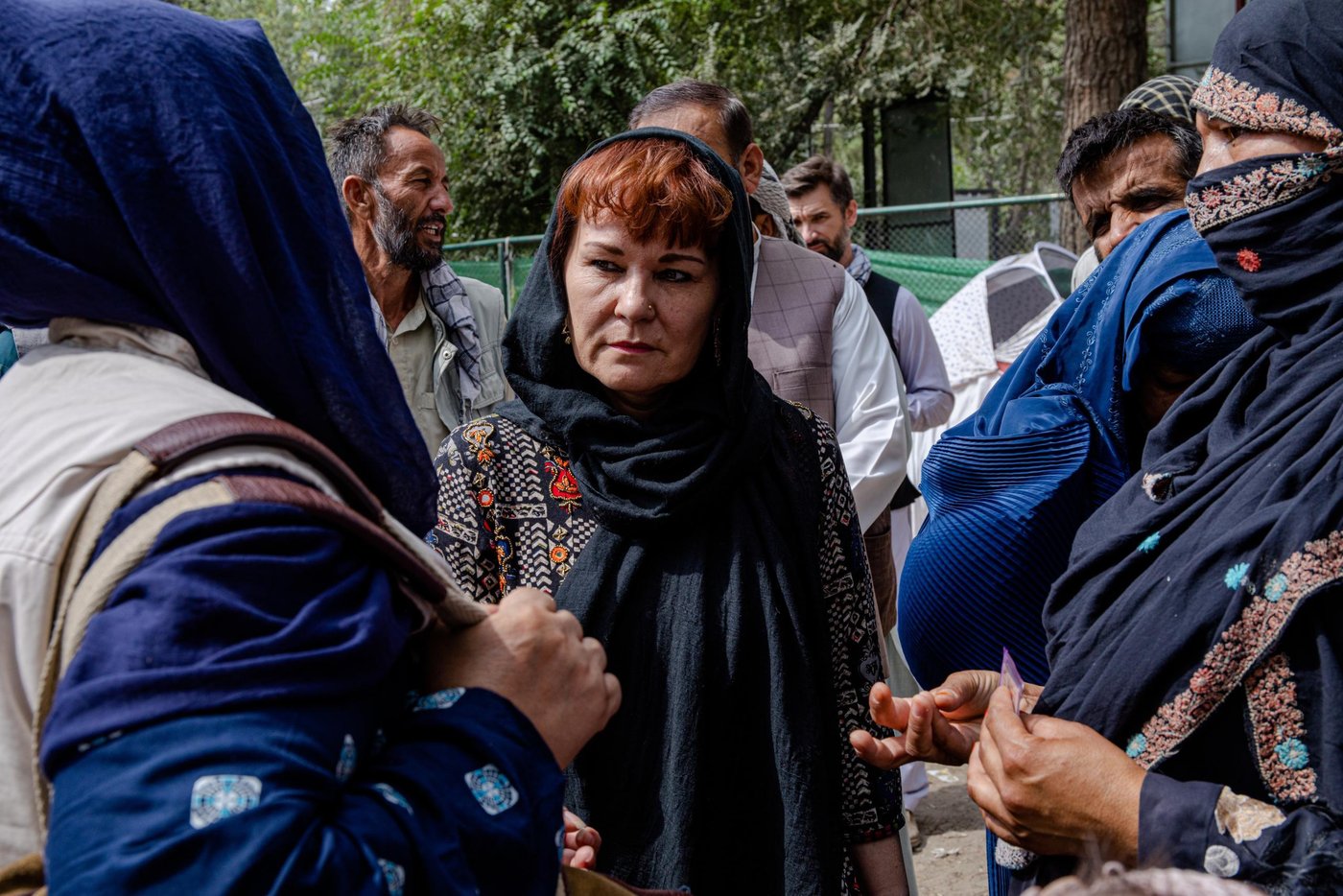“Afghanistan is on the verge of collapse. If we don’t act now, it will have catastrophic consequences,” says Astrid Sletten, who leads NRC’s work in the country.
“Several countries, not least the NATO countries that have recently withdrawn their soldiers, have a moral responsibility to prevent a humanitarian catastrophe. They left behind a chaotic situation where millions of people have no idea how they will be able to put food on the table or where their children will be sleeping in the coming weeks and months. Winter will soon be upon us, and it is becoming urgent to reach those who need assistance.”
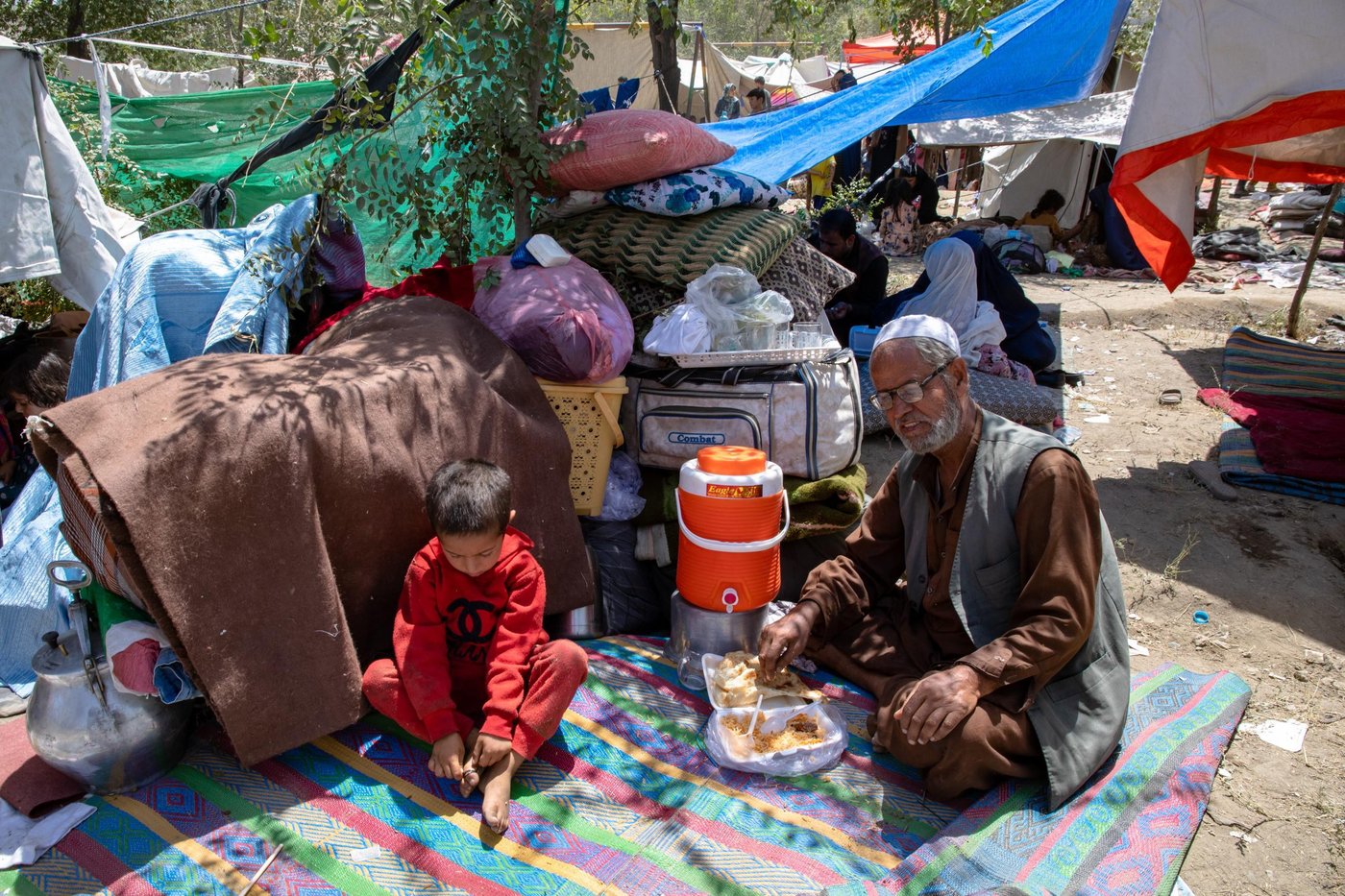
A perfect storm
At the beginning of this year, war and drought had displaced more than 3.5 million people, and more than 18 million people depended on humanitarian aid to survive. In the last six months alone, more than half a million people have been displaced from their homes.
In addition to the protracted conflict, Afghans are facing their worst drought in 30 years. On top of this, Afghanistan, like all other countries, is struggling with the coronavirus pandemic.
The international forces left a country in chaos, where the banking system and large parts of the social structure have collapsed. The World Bank has warned that seven out of ten Afghans will end up below the poverty line. Food prices have skyrocketed, and a third of the population is uncertain whether they will have access to enough food in the future.
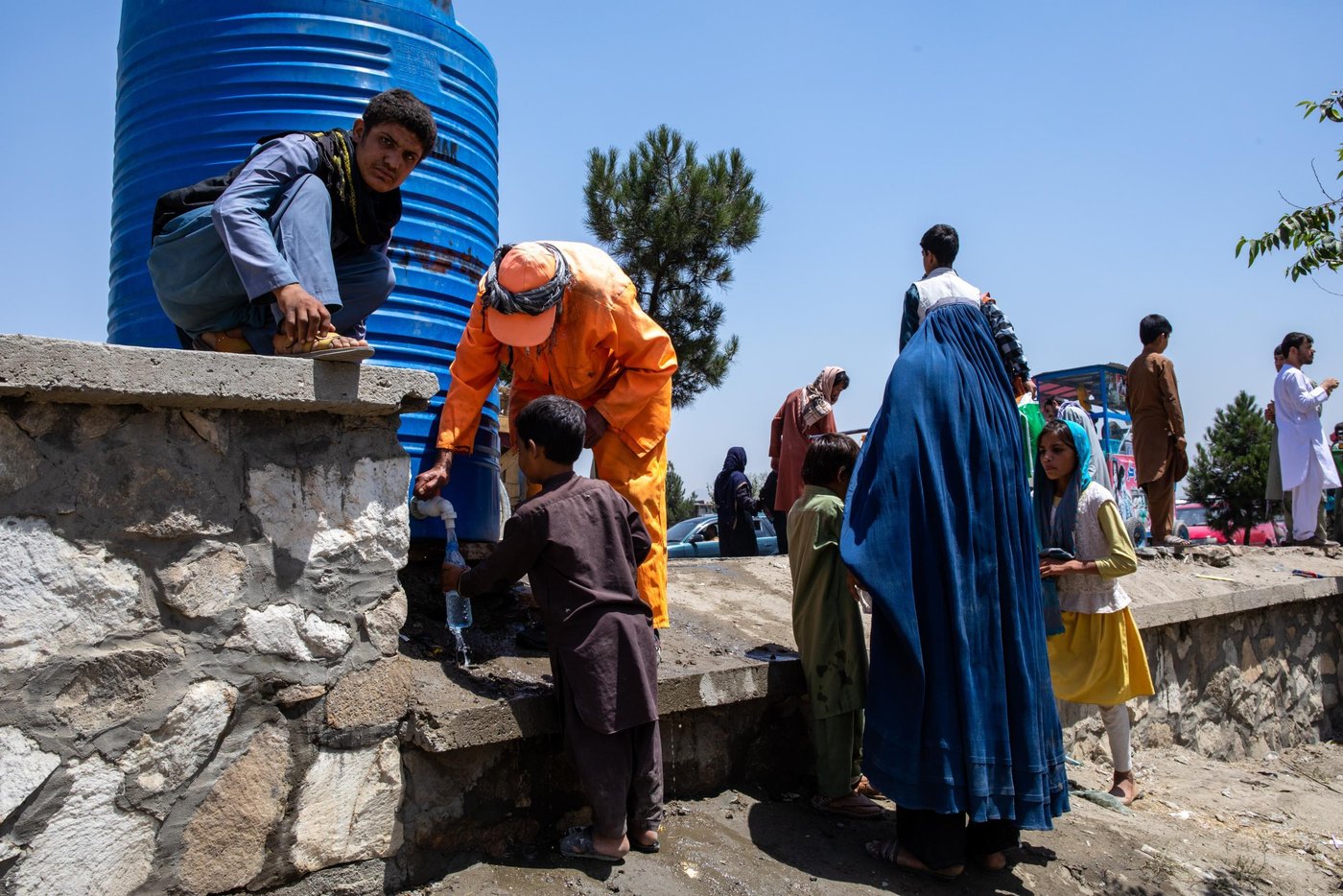
Seeking refuge in a park
“The Afghan people need us more than ever. Many have sought refuge in the larger cities. Thousands now live in tents, under tarps or simply in the open air in Kabul’s parks. I met several of these families this week, and they will not survive long without help,” says Sletten, who has worked in the country for several years.
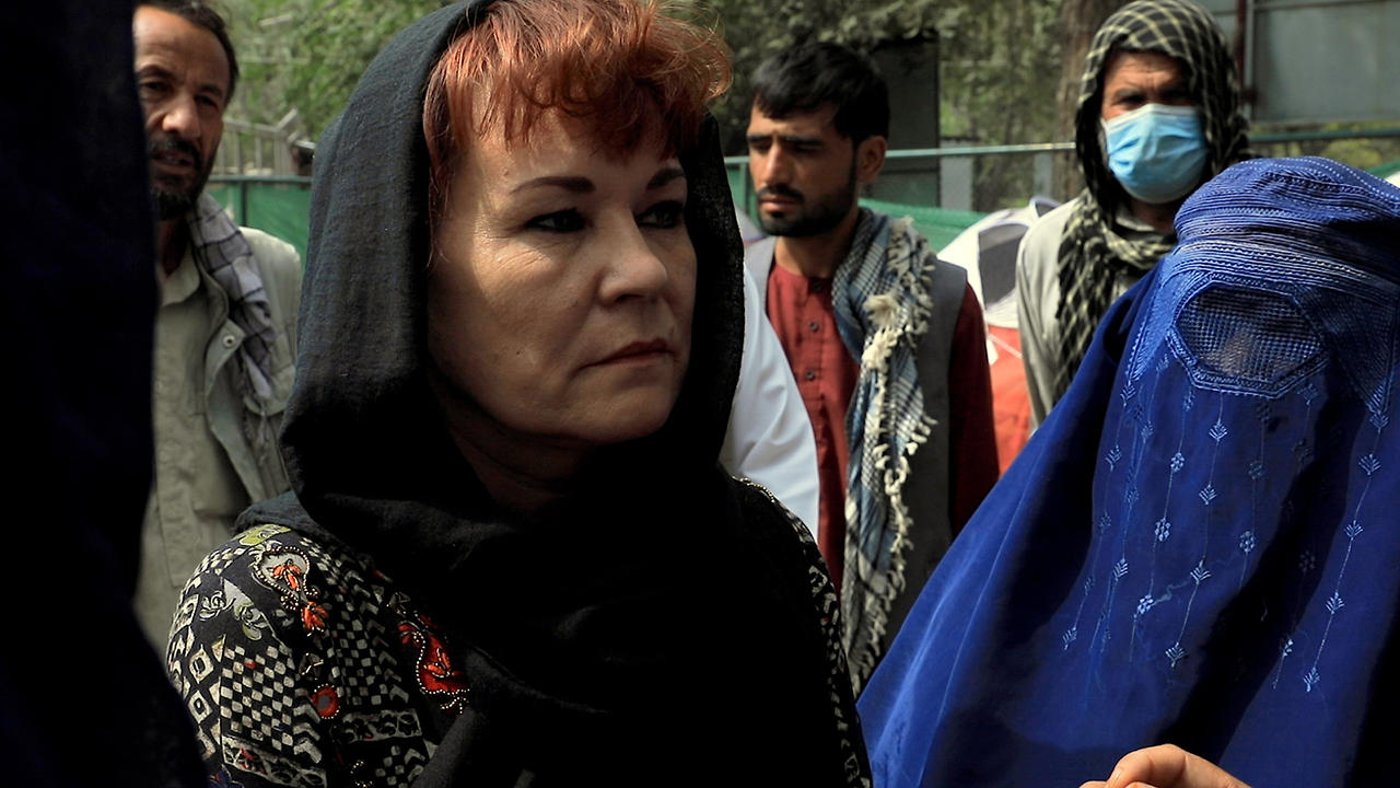
Zahra Omari fled to Kabul from Kunduz province with her six children. She and her family are one of the many families living in Kabul’s parks.
“When the other families in my neighbourhood fled in a rush, I took my six children and fled for my life. I didn’t even manage to bring milk for my 10-month-old daughter,” she says.
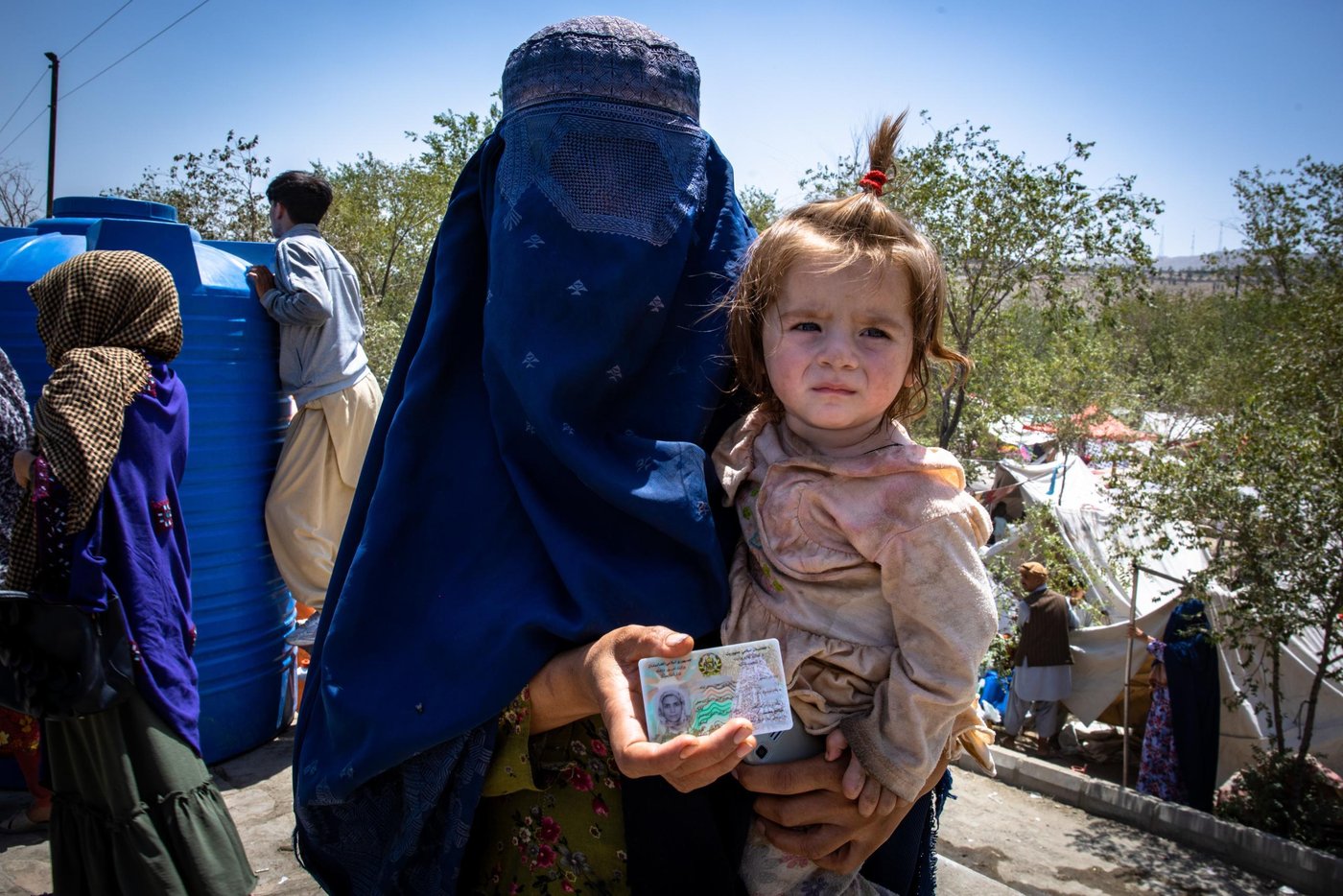
Urgent need to raise money
“Because of Kabul residents offering food and water, the displaced families have managed to survive so far. But the Afghans cannot provide everything that is needed. Funding from the international community is desperately needed to provide shelter, water, food, medicine and sanitation assistance to everyone who needs it,” says Sletten.
According to Sletten, there is now a window of a maximum of two months to get the necessary funding in place to be able to help.
NRC has been in Afghanistan since 2003. We have 1,600 Afghan employees and work in 14 provinces across the country. Last year we reached 762,076 people with life-saving assistance. Read more about our work in Afghanistan.
We will continue our work
During the change of power in the country, NRC was forced to put its humanitarian aid work on hold temporarily.
“We are now resuming our work. It is crucial to take care of the children and get them back in school, but we are also preparing to help more families get a roof over their heads before winter comes,” Sletten says.
“We are hoping for the best but preparing for the worst. To prevent a humanitarian disaster, we must have more funding and unimpeded access to those in need. And the security situation must improve both for those we hope to help and for our employees.”


